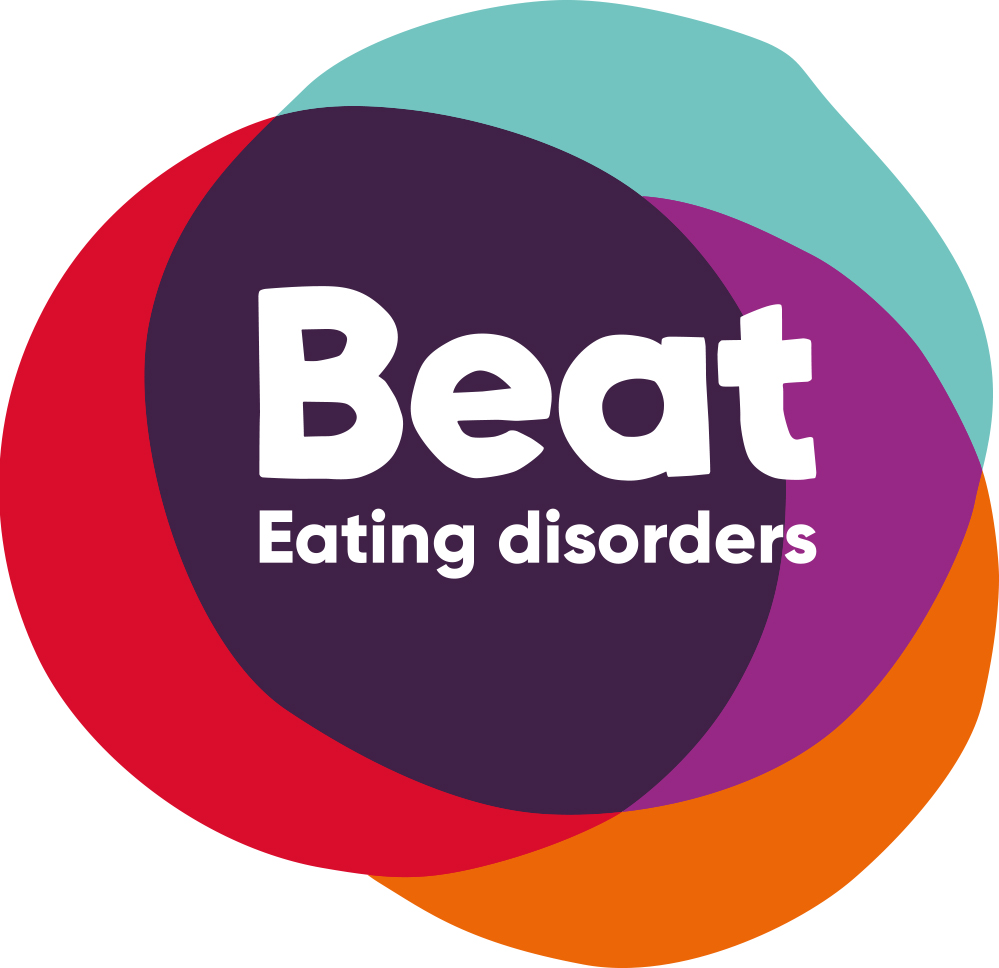Eating Disorders
What are eating disorders?
Eating disorders are serious mental illnesses affecting people of all ages, genders, ethnicities and backgrounds. People with eating disorders use disordered eating behaviour as a way to cope with difficult situations or feelings. This behaviour can include limiting the amount of food eaten, eating very large quantities of food at once, getting rid of food eaten through unhealthy means (e.g. making themselves sick, misusing laxatives, fasting, or excessive exercise), or a combination of these behaviours.
It’s important to remember that eating disorders are not all about food itself, but about feelings. The way the person treats food may make them feel more able to cope, or may make them feel in control, though they might not be aware of the purpose this behaviour is serving. An eating disorder is never the fault of the person experiencing it, and anyone who has an eating disorder deserves fast, compassionate support to help them get better.
So that healthcare professionals can choose the right kind of treatment for someone, there are a number of different eating disorders that someone can be diagnosed with. It’s possible for someone to move between diagnoses if their symptoms change – there is often a lot of overlap between different eating disorders.
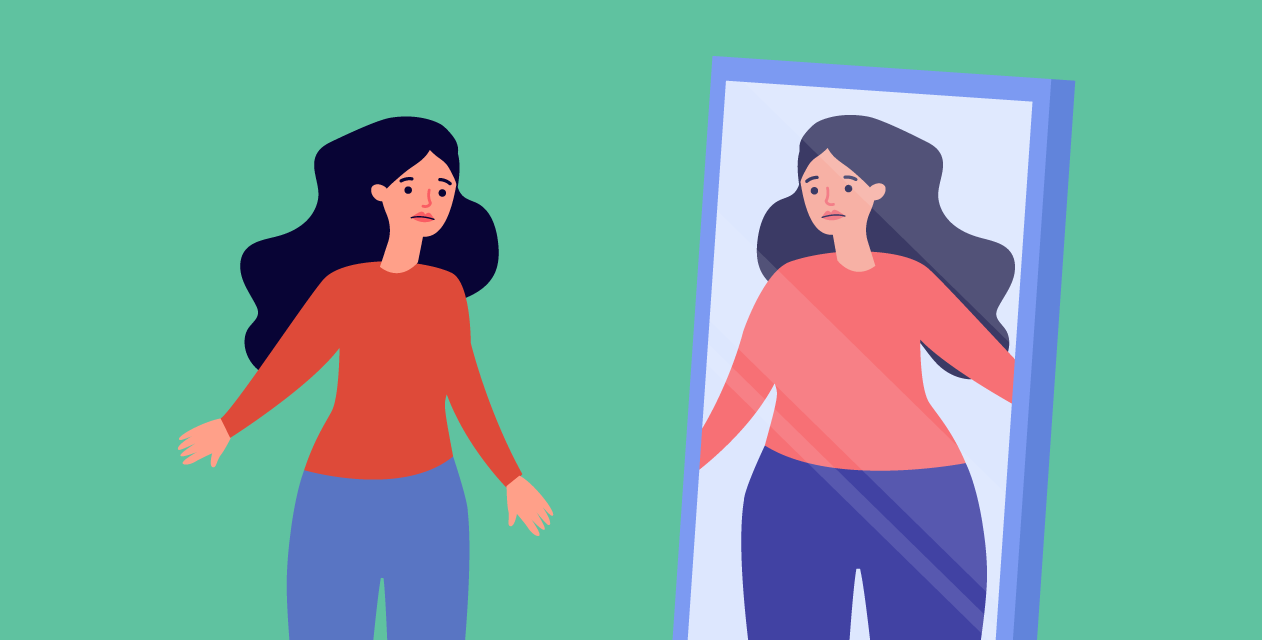
Anorexia Nervosa
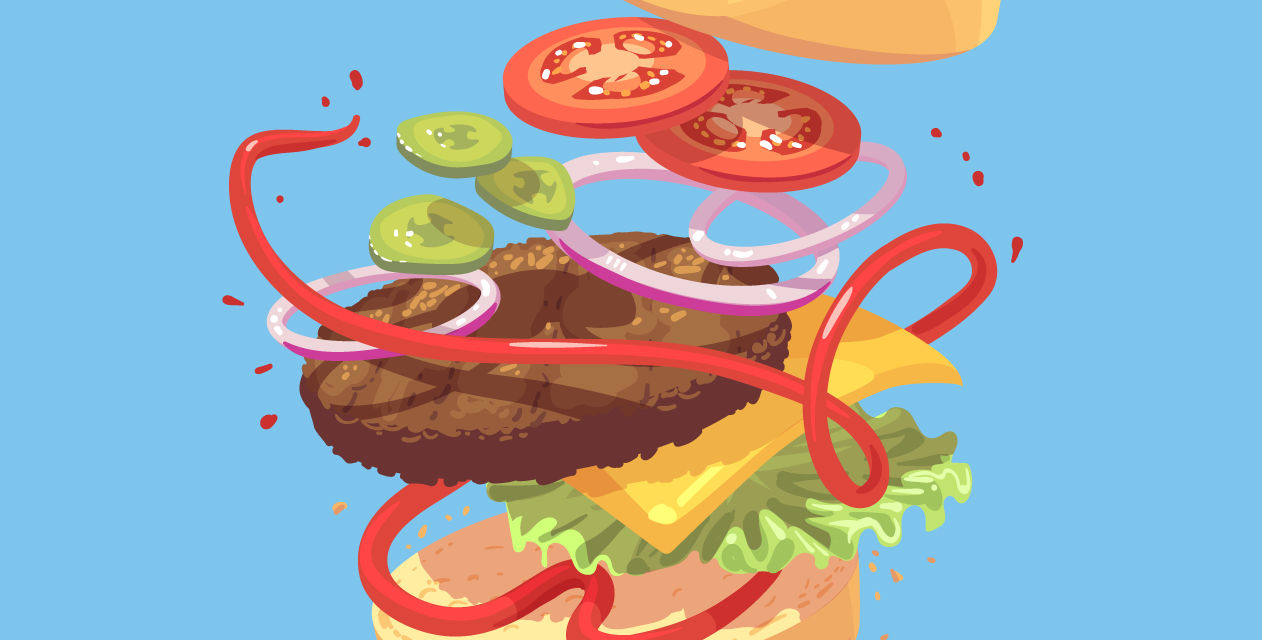
Binge Eating
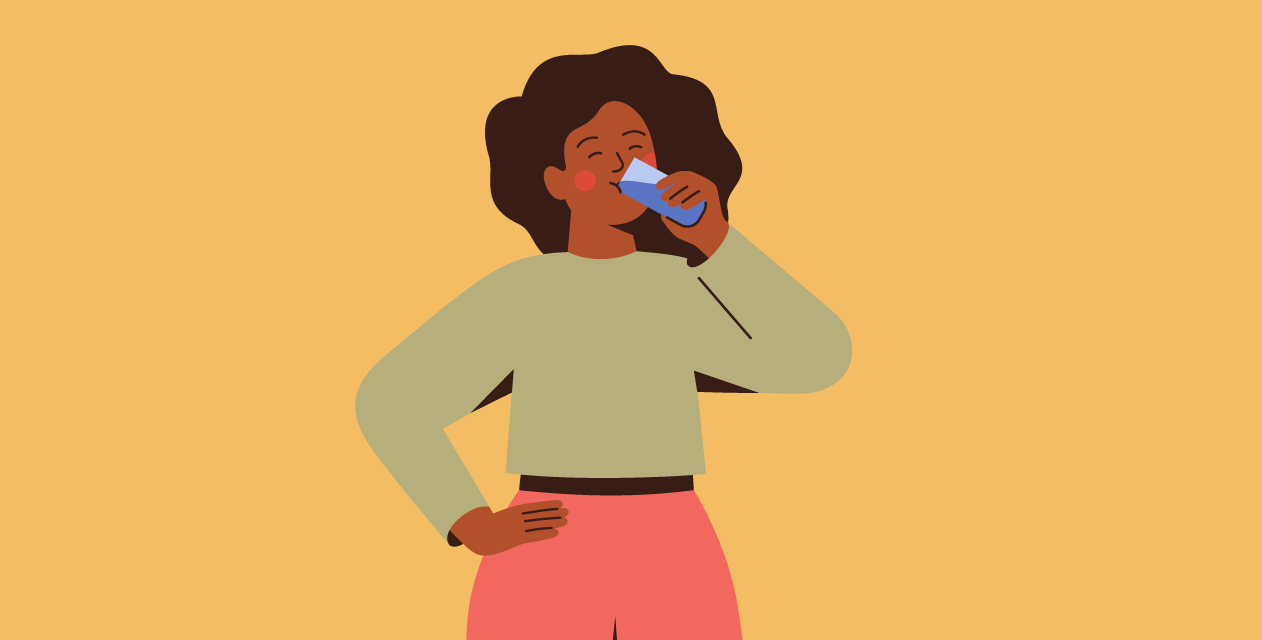
Bulimia Nervosa
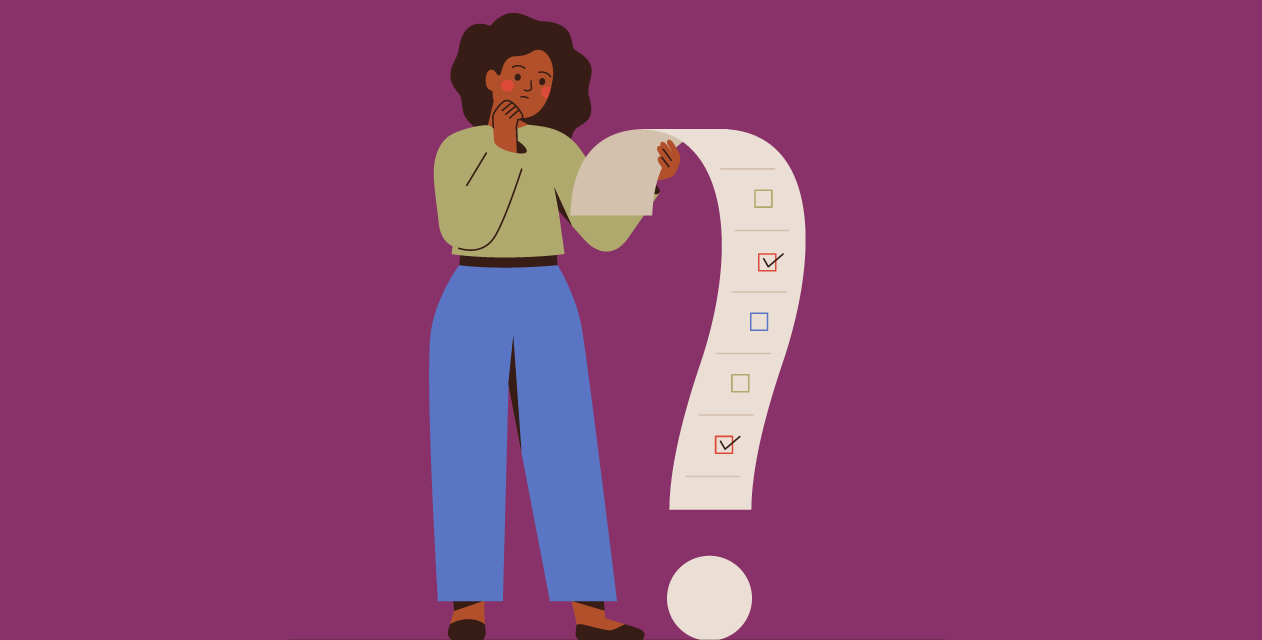
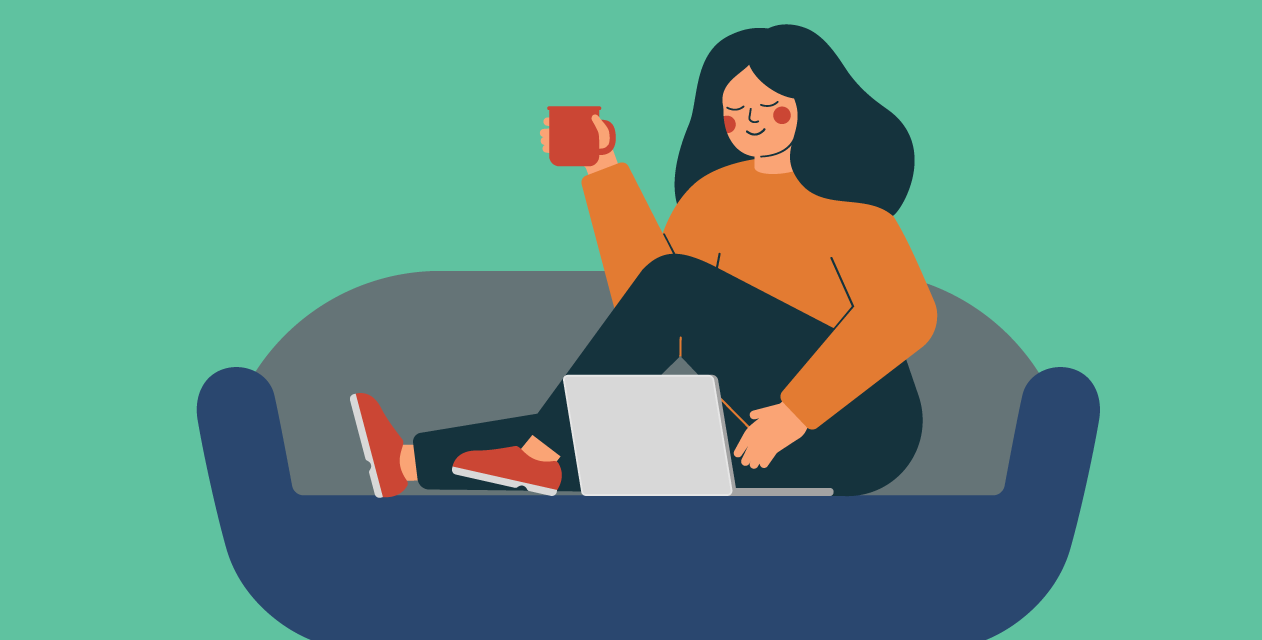

Tips for Supporting Sufferers

